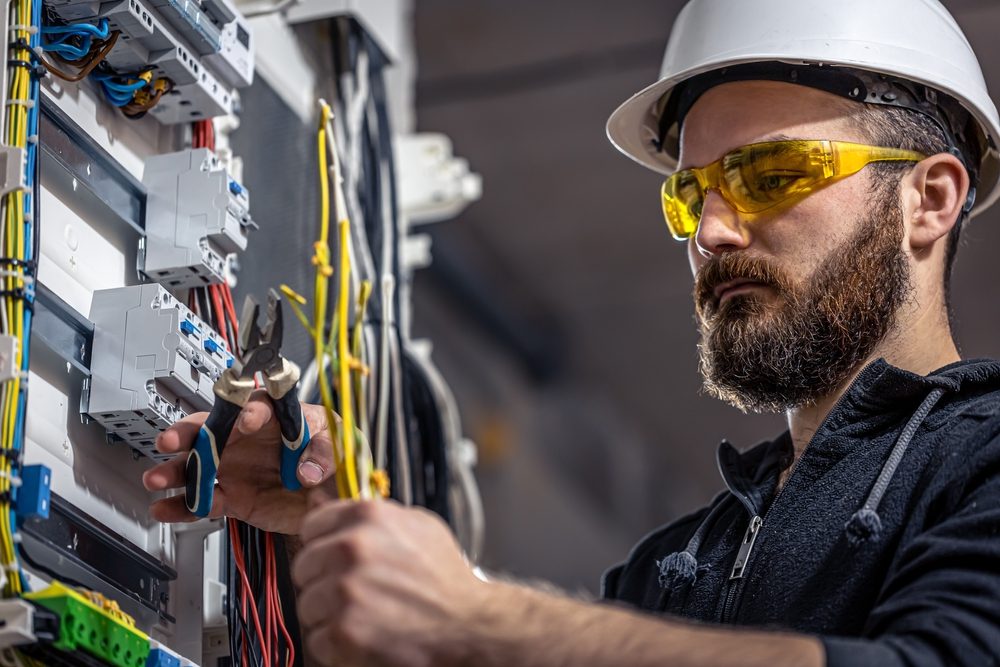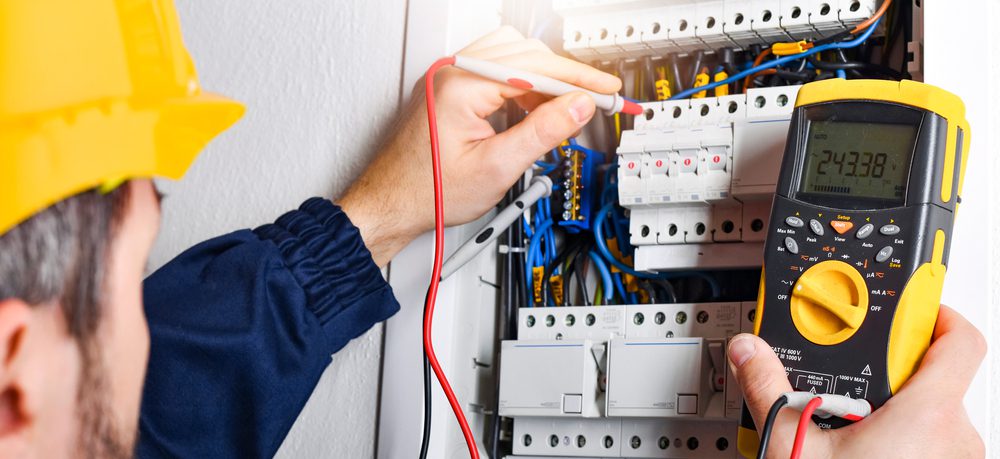Steps to Take When Facing an Electrical Problem at Home
Introduction
Electrical problems can be more than just a nuisance—they can pose serious risks to your safety and the integrity of your home. Whether it’s flickering lights, tripped breakers, or outlets that just won’t work, knowing how to handle these situations is crucial. In this article, we will delve into the Steps to Take When Facing an Electrical Problem at Home, providing you with expert knowledge and practical advice for navigating electrical issues safely and effectively.
Understanding Common Electrical Problems
What Are the Most Common Electrical Issues?
When it comes to electrical problems in the home, several issues frequently arise. Let’s break down some of the most common electrical problems you might encounter:
These issues can often signal underlying problems that require professional attention—especially if they persist.
Why Understanding Electrical Problems is Essential
Knowing what to look for can save you time, money, and potentially dangerous situations. It empowers homeowners to take appropriate actions before calling for help—whether that means resetting a breaker or contacting local emergency electricians.
Initial Steps to Diagnose an Electrical Problem
Step 1: Identify Symptoms
When facing an electrical problem at home, the first step is observation. Identify symptoms like dimming lights or unusual sounds coming from outlets.
Questions to Consider:
- Are multiple circuits affected?
- Do certain appliances cause issues?
Answering these questions helps narrow down potential problems.

Step 2: Check Your Circuit Breaker Panel
A tripped breaker is often the cause of many electrical dilemmas. Inspect your panel for any switches that have flipped to the "off" position.
Tip: If you find a tripped breaker, reset it by flipping it off and then back on again.
Safety First: Precautionary Measures
Step 3: Turn Off Power if Needed
In case of smoke or burning smells, immediately turn off power via your circuit breaker panel. This action could prevent further damage or fire hazards.
Step 4: Use Caution with Water Sources
Always remember that water and electricity don’t mix well! Keep away from wet areas when troubleshooting electrical issues.
Emergency Situations and When to Call for Help
What Constitutes an Electrical Emergency?
Recognizing when a situation warrants emergency electrical service is vital:
If you experience any of these signs, call local emergency electricians immediately!
How Can You Find Reliable Emergency Electrician Services?
Searching for dependable services can be daunting; here are tips to consider:
- Look for online reviews
- Ask for recommendations from friends or family
- Ensure they are licensed and insured
Common DIY Fixes Before Calling an Electrician
Step 5: Resetting Circuit Breakers and GFCI Outlets
Sometimes simply resetting these components may resolve minor issues without needing electrician services.
Step 6: Replacing Fuses in Fuse Boxes
For older homes still using fuse boxes instead of circuit breakers, replacing blown fuses can often restore functionality quickly.
Caution: Always ensure you’re using the correct type and rating of fuses!

When Professional Help is Necessary
Reasons You Shouldn’t DIY All Repairs
While some fixes are simple enough for homeowners, others—like rewiring or major installations—should be left to professionals:
These factors highlight why hiring an electrician charlotte nc residents trust is sometimes necessary.
Finding Qualified Electricians in Charlotte NC
What Should You Look For in a Local Electrician?
Before choosing an electrician charlotte has to offer, consider these criteria:
- Experience and expertise
- Customer reviews
- Availability of emergency services
Quick Tip: Look specifically for those offering 24 hour electrical services!
The Importance of Licensing and Insurance
Always verify that any electrician you hire carries proper licenses and insurance policies—this protects both parties in case of accidents during repairs.
Understanding Costs Associated with Emergency Repairs
Factors Influencing Cost of Emergency Electrical Repairs
The costs can vary significantly based on:
It’s wise to request estimates upfront before proceeding with extensive work.
Preparing for an Electrician's Visit
What Information Should You Have Ready?
To ensure a smooth process when calling emergency electrician services:
- Document symptoms clearly.
- Note any recent changes made (e.g., new appliances).
Being prepared helps technicians diagnose effectively!
FAQs
1. What should I do if my lights keep flickering?
Flickering lights may indicate loose wiring or overloaded circuits; start by checking your circuit breaker panel and contact a qualified electrician if the problem persists.
2. How do I know if I need emergency electrical services?
Signs indicating emergencies include smoke from outlets, frequent tripping breakers without reason, or burning smells near appliances—don't hesitate! Call emergency electrical repair immediately.
3. Can I fix my own electrical problems?
Minor issues like resetting breakers or changing light bulbs are doable; however, complex tasks like rewiring should always be handled by professionals due to safety risks involved.
4. How do I find reliable electricians in Charlotte?
Conduct thorough research online through platforms like Yelp or Angie's List while paying attention to customer reviews—and ensure they hold proper licenses!
5. What does “GFCI” stand for?
GFCI stands for Ground Fault Circuit Interrupter—a safety device designed to protect against electric shock by cutting off power when detecting ground faults in circuits.
6. How much do emergency repairs typically cost?
Costs vary widely based on location and severity but expect anywhere from $150-$500+ home generator installation services depending on labor intensity and parts needed; always seek upfront estimates!
Conclusion
Electrical problems can escalate quickly if not addressed promptly; being informed about how best to approach these situations is essential for safety and efficiency at home! By following these steps outlined above—from initial diagnosis through finding reputable electricians—you’ll be better equipped when facing any electrical issue that may arise.
Remember always prioritize safety first; don’t hesitate to call professional help whenever needed! Investing time into understanding your home's electrical system will pay dividends in peace of mind as well as potentially save you significant costs down the line!
